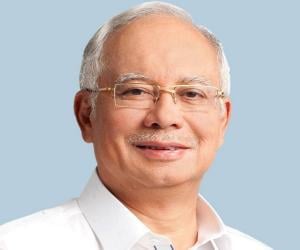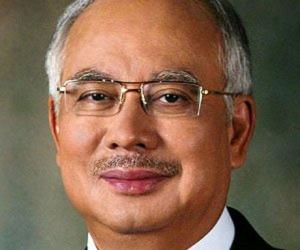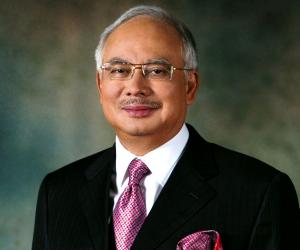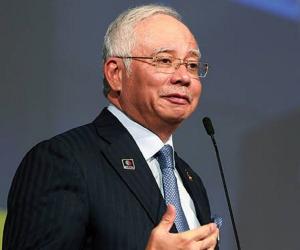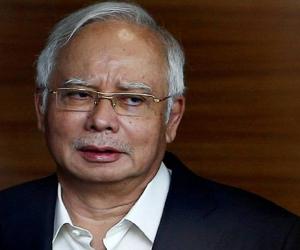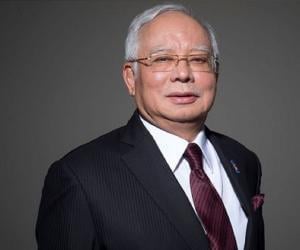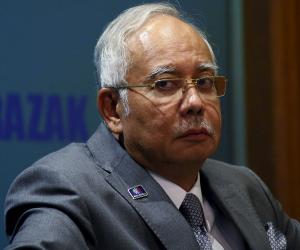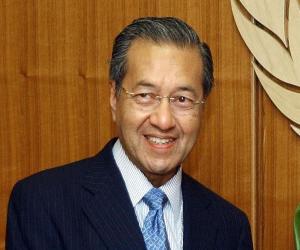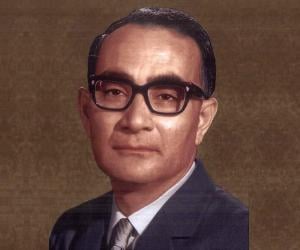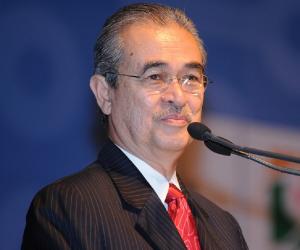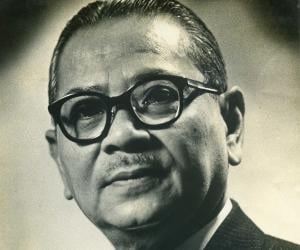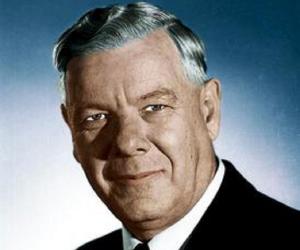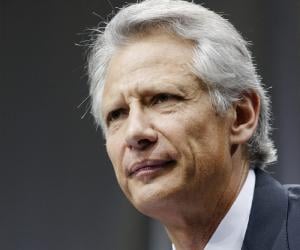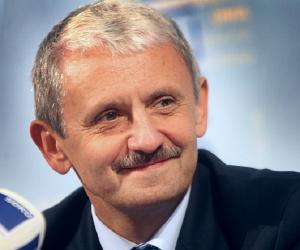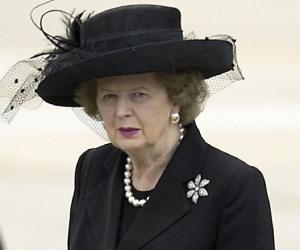Childhood & Early Life
He was born as Haji Mohammad Najib bin Tun Haji Abdul Razak on 23 July 1953 in Kuala Lipis, Pahang, Malaya (now Malaysia) as the eldest son of Malaysian Prime Minister Abdul Razak. He has five younger brothers. His uncle Hussein Onn has also served as the country’s Prime Minister.
He received his primary and secondary education at St. John's Institution, Kuala Lumpur. Then he went to England to pursue higher studies and attended Malvern College in Worcestershire before moving on to the University of Nottingham, from where he received a bachelor's degree in industrial economics in 1974.
Continue Reading Below
Career
After returning to Malaysia after completing his studies, he entered the business world. For a while he worked with the Bank Negara before moving on to Petronas, Malaysia's national oil company, as a public affairs manager.
His father died unexpectedly in 1976 and Razak was elected to take his father’s place in the lower house of parliament. Aged just 22, he became the youngest person ever to be elected as Member of Parliament in Malaysia.
Having been born into a family of politicians, politics came easily to him and early on he established himself as an emerging star in Malaysian politics by reconciling the tensions between the government and the hereditary ruling class in the Pahang region.
He was hailed as a rising star within the United Malays National Organization (UMNO) and chosen as the Deputy Chief of UMNO Youth. In 1982, the Prime Minister Dr Mahathir Mohamad selected him to contest the State Assembly seat of Pekan.
He easily won the election and became the Menteri Besar of Pahang at the age of 29. He also played a key role in establishing Yayasan Pahang, a foundation dedicated to promoting education and sports among the youth of Pahang through scholarships and funding, in 1982.
In 1991 Mahathir appointed him as Minister of Defence. Under him, the Malaysian troops were deployed to assist the UN peacekeeping forces in Bosnia in 1993. The same year Malaysia also assisted peacekeeping operations in Somalia.
After serving as in the Defence Ministry for four years, Najib became the Minister for Education in 1995. He restructured the Ministry and encouraged collaboration with foreign universities and institutions. He implemented reforms to ensure that teachers receive higher monthly salary and enacted laws to provide for greater educational opportunities to Malaysians.
He returned to the Ministry of Defence in 2000 for a second term. Several national security issues came up during his tenure including the Indian Ocean Tsunami of 2004 and the Bali bombings in the same year.
As Defence Minister, he implemented the "Malaysian National Service", a program intended to promote tolerance, team work, and community engagement. Over 339,000 Malaysian youth participated in the program although later on several safety issues in the program were reported.
Continue Reading Below
Mahathir retired in 2004 and was replaced by his deputy, Abdullah Ahmad Badawi. Following this, Najib was appointed as Deputy Prime Minister. He was given a broad portfolio of responsibilities, including oversight of FELDA, the Human Rights Commission (SUHAKAM), and the Election Commission. He also chaired more than 28 cabinet committees.
In 2008, he became he became the Minister for Finance. Malaysia was going through a financial crisis, reeling under the global recession when he assumed office. He implemented a series of reforms to stabilize the economy and propel it towards growth and development.
In October 2008 Prime Minister Badawi announced he would step down in March 2009, paving the way for Najib to succeed him on the condition that Najib had to win party elections set for March 2009. Najib won the UMNO presidency unopposed.
Najib was sworn in as Prime Minister of Malaysia on 3 April 2009. He focused on domestic economic issues and political reform. He launched the 1Malaysia campaign which calls for increasing national unity and bringing about more efficient governance.
He introduced a New Economic Model that was expected to speed up Malaysia's transition to a high-income country and implemented substantial measures to attract foreign investment into the nation. He stated that education and health care would be priorities in his government. His vision was to make Malaysia a high-income nation and a developed country by 2020.
While the initial years of his tenure as a prime minister heralded a period of development and prosperity, his later years were marred by various controversies. In the wake of the 1Malaysia Development Berhad scandal in 2015, Razak lost his popular image. The scandal took a dramatic toll on his political career and several sections of the public demanded for his resignation.
He eventually resigned from his position as the Prime Minister of Malaysia on 10 May 2018, after his party was defeated in the elections. a
Facts About Najib Razak
Najib Razak has a passion for collecting luxury watches and is known for his extensive watch collection, with pieces from prestigious brands such as Rolex, Patek Philippe, and Audemars Piguet.
He is an avid golfer and enjoys spending time on the golf course, often participating in charity golf tournaments and friendly matches with fellow golf enthusiasts.
Najib Razak is a fan of traditional Malaysian cuisine and takes pride in showcasing local delicacies to foreign visitors, highlighting the diverse and flavorful dishes that the country has to offer.
He is known for his interest in wildlife conservation and has supported various initiatives aimed at protecting endangered species and preserving Malaysia's rich biodiversity.
Najib Razak is a music enthusiast and enjoys attending concerts and music festivals, showcasing his appreciation for different genres of music and supporting local artists in Malaysia.
